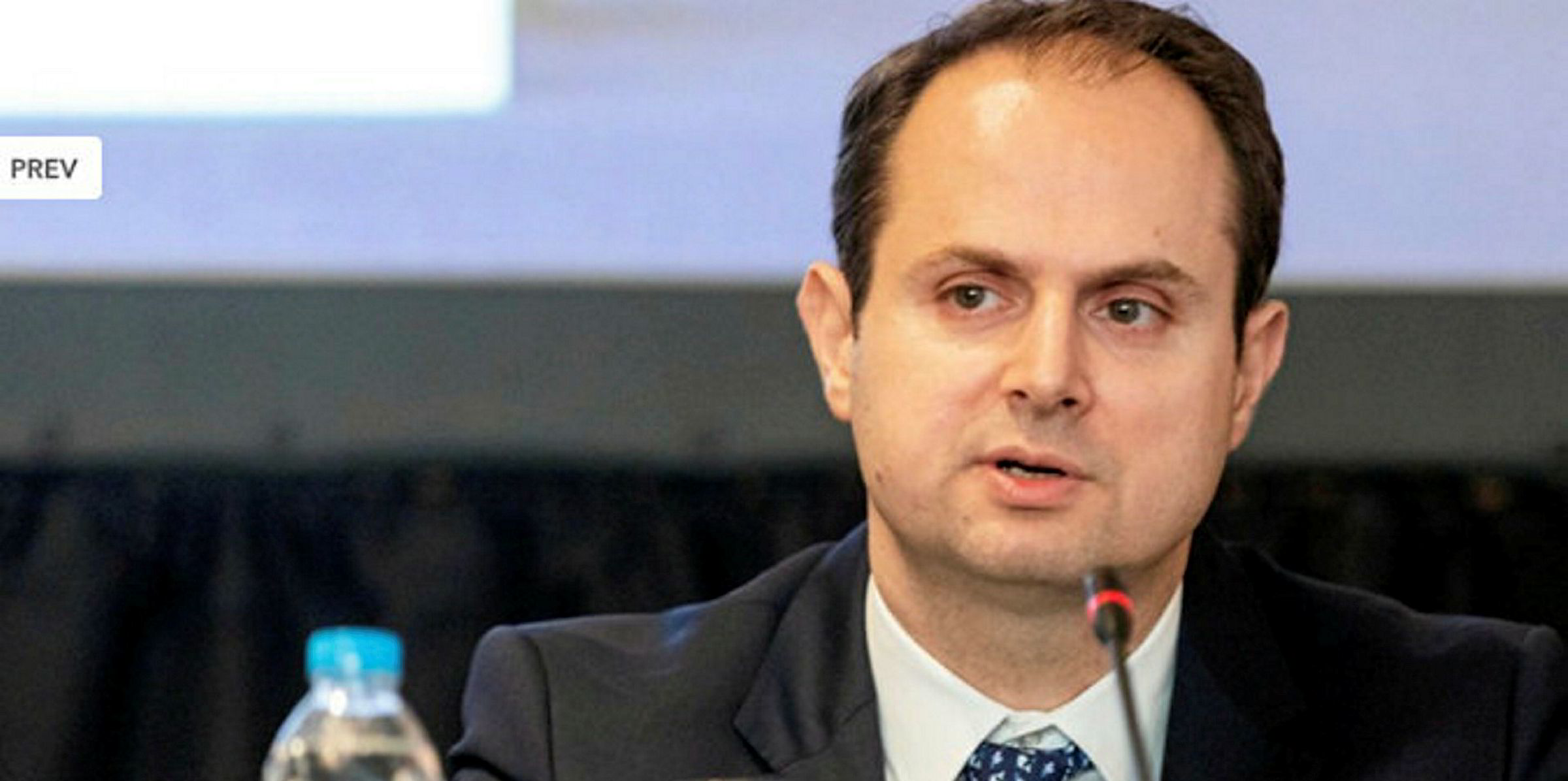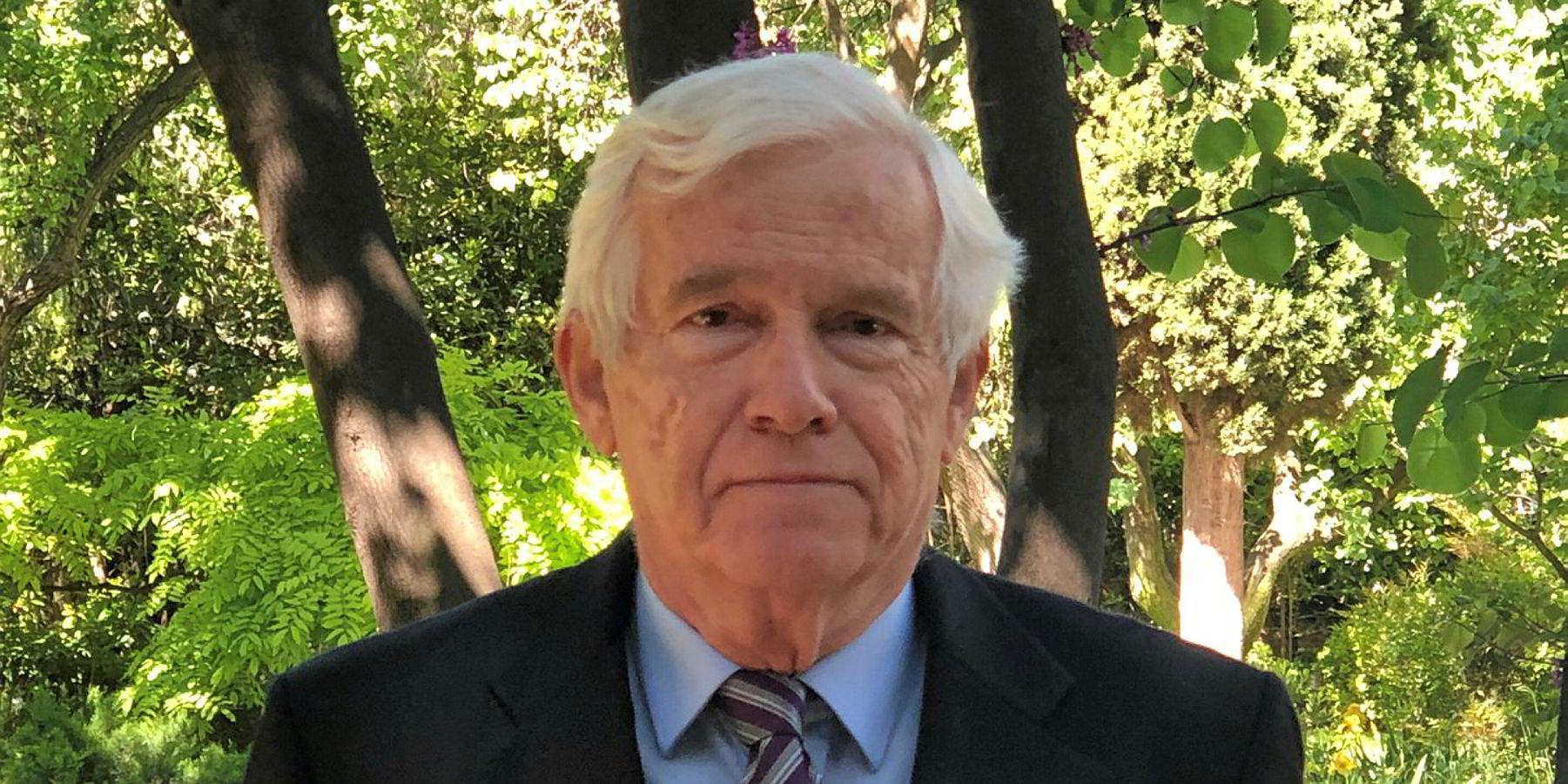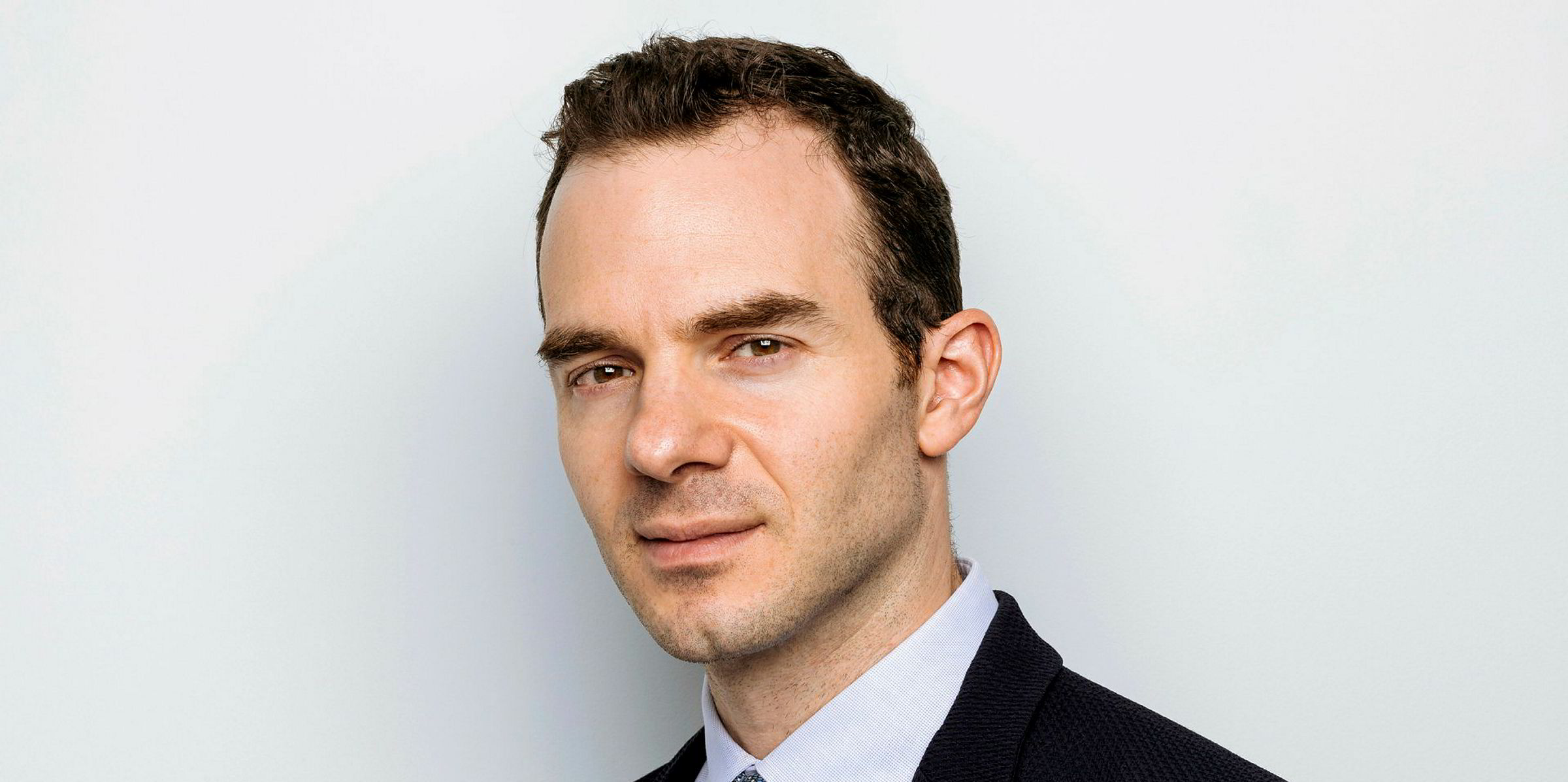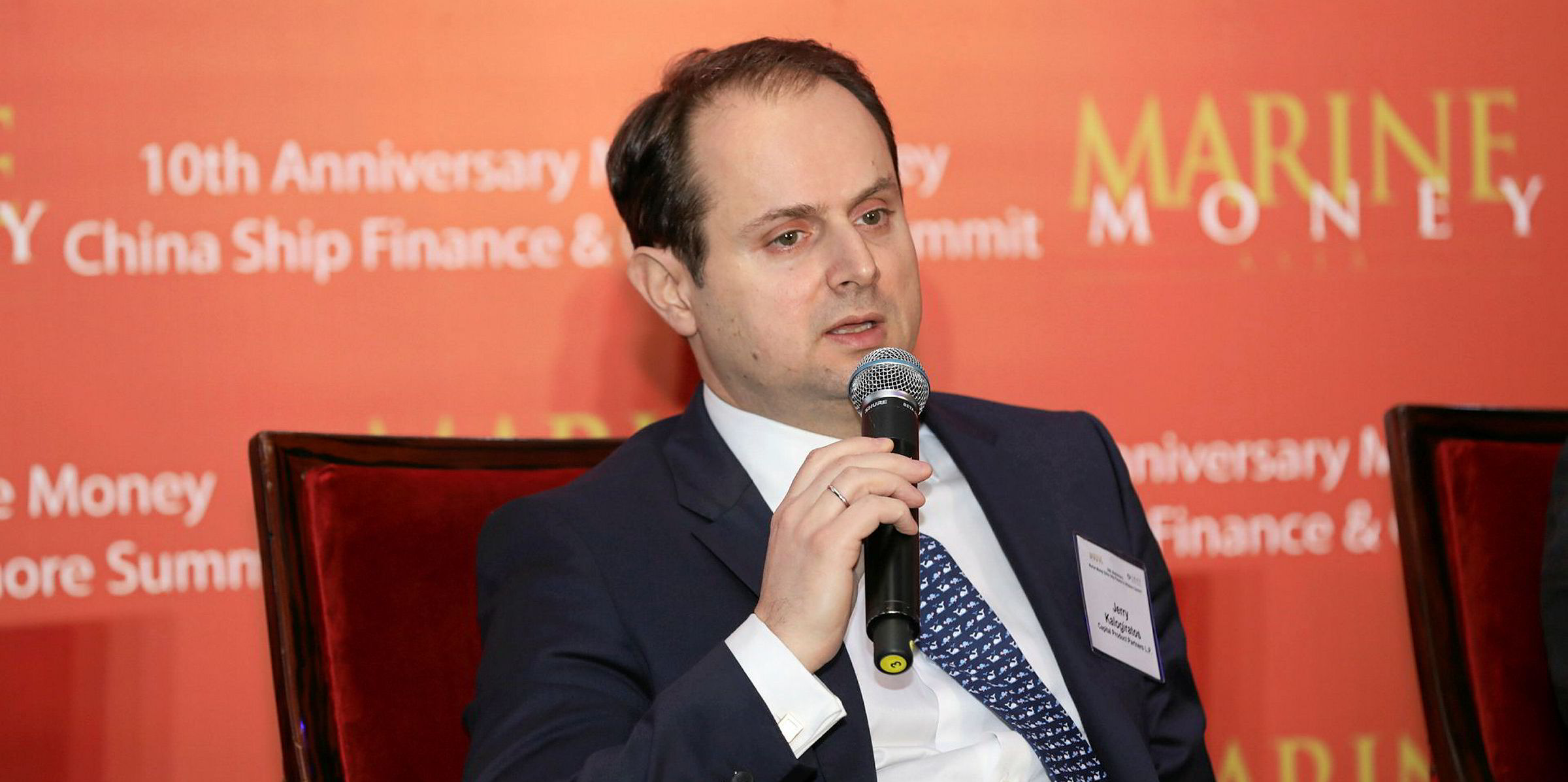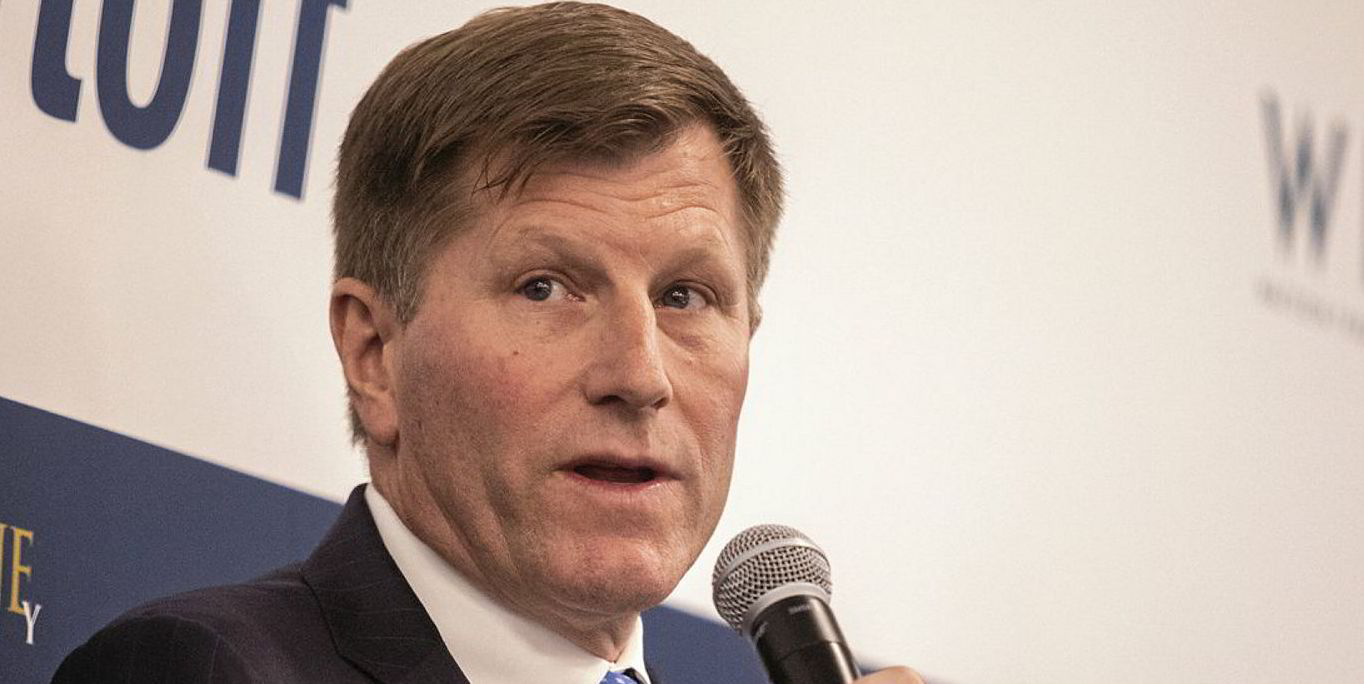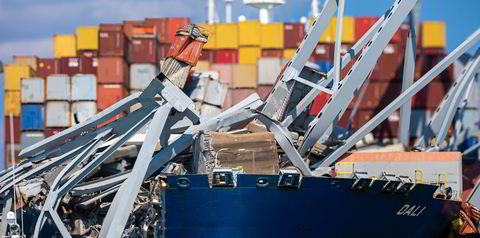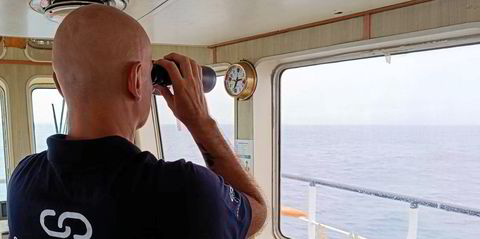Shipping needs to speak with a stronger voice if it is to learn from the lessons of the coronavirus pandemic, according to a panel of Greek shipowners.
The sector's response to the crewing crisis had been "disappointing" and demonstrates that shipping remains a fragmented industry, said Jerry Kalogiratos, chief executive of Capital Product Partners.
Speaking at a virtual Capital Link Shipping Forum on Wednesday, he said stakeholders had "kind of dropped the ball" by failing to resolve the issue of stranded crew.
"It's a very disappointing result for the industry," he said.
"It does show that shipping remains a fragmented industry and it's voice is not heard."
That was echoed by Calypso Nomikos, chairman of Greek bulker company AM Nomikos.
More consolidation between shipping organisations is necessary "so that we can reach a common goal that is good for everyone", she said.
But shipowners' associations had explained the magnitude of the crewing problem, said Marily Frangistas, managing director of Franco Compania Naviera.
"Even the Pope gave a speech on the acute problem," she said.
That had not resulted in change because of the "inaction and lack of coordination" of governments
Seafarers pay the price
Shipowners have done what they could to help resolve the problem, but for them it was mainly a financial problem, said Kalogiratos.
"The people who pay the price are our seafarers," he said.
"So I think going forward, we have to find a voice…and plan for contingencies like this," he said.
The executive argued that the problem remains difficult to solve because different governments had adopted different strategies.
"There is no uniform treatment of how to update crew on vessels," said Kalogiratos.
"It might be completely different policies between two countries. What is worst is that this might change from one day to the next."
Shipowners might ballast their vessels to ports which could abruptly close or where there were no international flights, he said.
"It’s a very complex logistical problem that shipowners are being called to solve without any help from government."
And "with very few exceptions", charterers were unaware of the challenges facing the crew and owners would be expected to cover the cost, such as additional waiting times, the CEO said.
Some charterers stuck to clauses requiring that seafarers did not sail on a vessel for more than a specific period of time.
Speeding up
Companies have otherwise adapted to operating virtually as a result of the pandemic relatively well.
Nomikos said her company had been able to take over newbuildings and secondhand vessels using remote cameras.
She argued that the pandemic had speeded up changes that were already happening.
"It enhanced and brought forward a lot of changes one would like to push through but sometime meet resistance within an organisation," she said.
Benjamin Wong, head of transport and industrial sectors at InvestHK, questioned whether the pandemic has brought permanent changes to the shipping industry.
He added that all parties have to work together to come up with a solution to crew changes.
